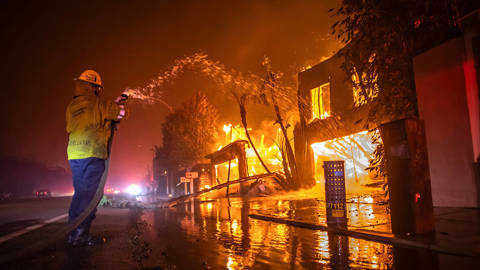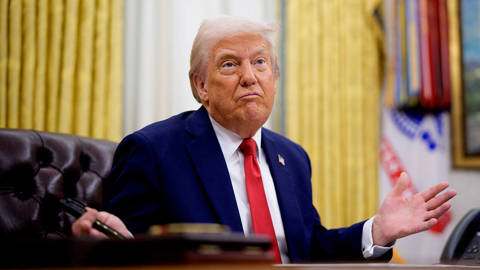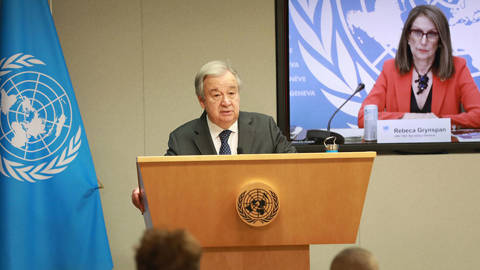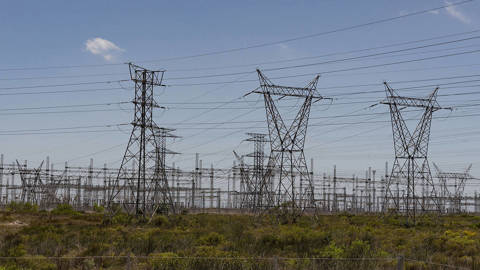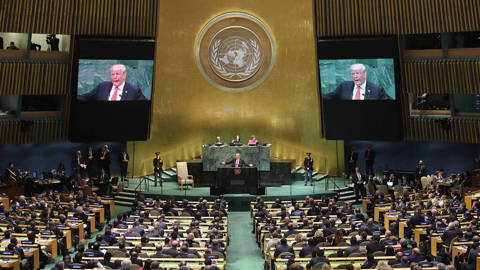Martin Neil Baily
Martin Neil Baily is Chair in Economic Policy Development and Senior Fellow and Director of the Business and Public Policy Initiative at the Brookings Institution.
-
When Globalization Goes Digital

When Globalization Goes Digital
Jun 24, 2016 Martin Neil Baily & James Manyika argue that a world in which flows of data outstrip flows of goods puts the US at a clear advantage.
-
Innovation with Chinese Characteristics

Innovation with Chinese Characteristics
Oct 28, 2015 Martin Neil Baily & Jonathan Woetzel expect China to emerge as a global hub of research and development in the next decade.
-
Reassessing the Internet of Things

Reassessing the Internet of Things
Aug 6, 2015 Martin Neil Baily & James Manyika say that the returns from the new technology could exceed what even the hype suggests.
-
Emerging Economies’ Demographic Challenge
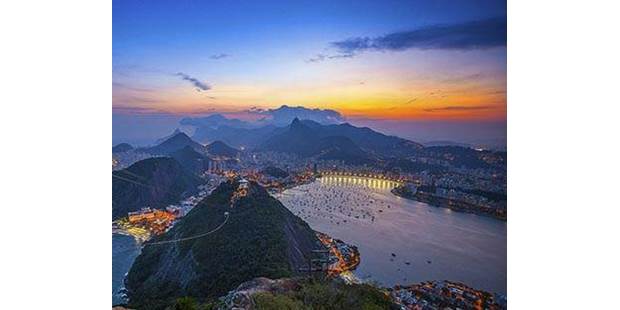
Emerging Economies’ Demographic Challenge
Feb 26, 2015 Martin Neil Baily & Jaana Remes argue that accelerated productivity gains are key to sustaining catch-up growth.
-
The Infrastructure Solution

The Infrastructure Solution
Jun 11, 2014 Martin Neil Baily & Robert Palter make the case for a smarter approach to the planning and management of projects.

